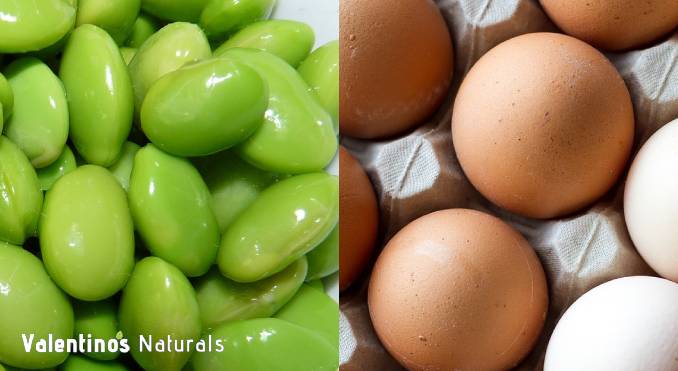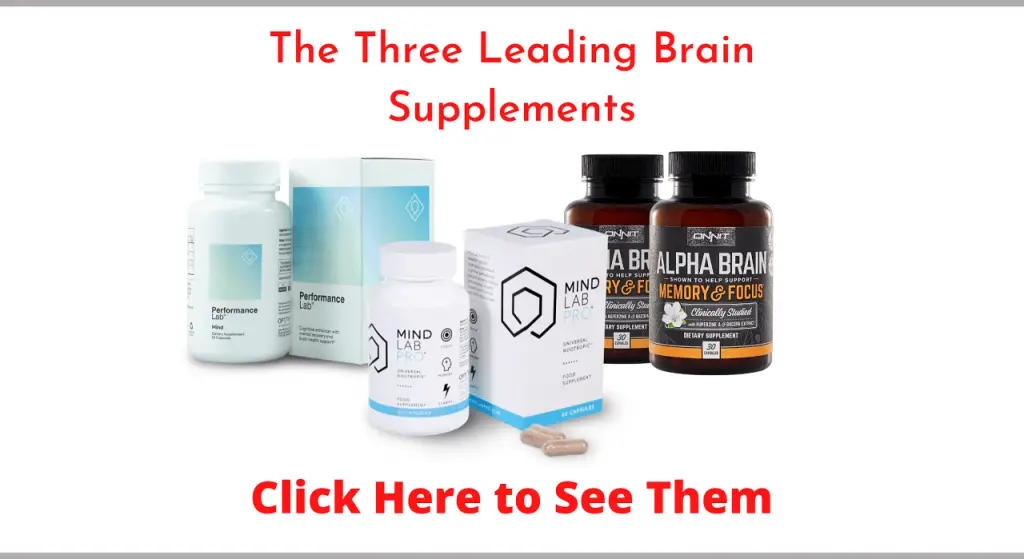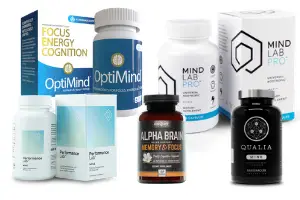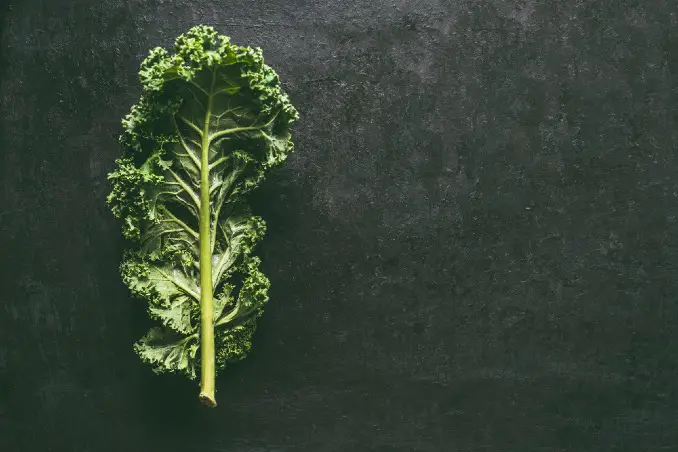Keep your mind sharp and your stress levels low by eating more of these Phosphatidylserine Foods.
Phosphatidylserine, or just PS, is a fatty substance made by your body that sheats and protects every single cell within you. It’s also involved in the clotting processes in your body.
PS is an especially vital component of your nerve cells in your brain, where it helps promote brain cell function and transmission of nerve impulses.
Phosphatidylserine Foods – The Basics
As an essential part of your outer nerve cell membranes, PS is associated with benefits like:
- Enhances memory as you age
- May protect from cognitive decline
- Lower stress levels
- Boost physical performance in athletes
Phosphatidylserine is found naturally in some foods, but you can also buy it OTC as a supplement. Interestingly, it’s the only ‘nootropic’ (brain supplement) with an approved FDA health claim.
People supplement PS for:
- ADHD
- Anxiety
- Depression
- Stress
- Cognitive decline
On the other hand, not getting enough PS can have a negative impact on your memory, sleep, mood, and even exercise performance.
With that said, here are the 8 best Phosphatidylserine foods:
1. Phosphatidylserine Foods – Soy
Soy is the best plant-based source of Phosphatidylserine. It contains about 100 mg of PS per 100 grams.
The PS from soy is almost the same as that from cows, but without the risk of causing a virus infection that animal brain cells may contain – for example, mad cow disease.
The 3 Best Brain Health Supplements
I’ve picked the top three nootropic stacks that are available to you right now for cognitive support.
Soybeans also come with a plethora of amino acids, the building blocks of protein, as well as iron, folate, calcium and omega-3s. The latter of which are extremely important for brain function.
- RELATED: 12 BEST VEGAN FOODS FOR MEMORY
2. Egg Yolks
The richest and cleanest animal source of PS is an egg yolk. At the same time, an egg yolk provides lods of other essential nutrients.
The average large egg has about 1.3g of Phospholipids among which is Phosphatidylserine. Most of these are found in the yolk, so don’t throw it away!
Not only that, but in the words of Shilpa Arora, ND, Egg yolks are a very concentrated source of choline, a key building block for the memory chemical acetylcholine. Choline intake is especially important during pregnancy because the nutrient is essential for brain growth and development.
Also rich in omega-3 fats, vitamins A, B, D, E, and K, as well as the amino acids l-tyrosine and tryptophan, egg yolks offer amazing nutrition for your mind.
3. Organ Meats (Liver, Kidneys, etc.)
Organ meats, especially livers and kidneys of animals, are very high in Phosphatidylserine, but do not bring a risk of mad cow disease.
Chicken heart has 414 mg of PS per 100g, while pig kidneys have 218 mg per 100g. If you’re looking to find a clean and safe source of PS in meats, your best bet will be pasture-raised, grass-fed organ and muscle meats.
On top of that, organ meats are among the richest sources of vitamins A and B, as well as energy-boosting compounds like CoQ10.
4. Phosphatidylserine Foods – White Beans
White beans are one of the different types of beans grown in North and South America. Several varieties exist, although the most popular are cannellini beans, which you may know as ‘white kidney beans’.
They are tender with a nutty, earthy flavor and make a great addition to stews, chilis, and other dishes.
They’re an excellent plant source of copper, iron, folate, and also Phosphatidylserine. Combined, these nutrients help boost your energy production, as well as aiding brain functions like memory, focus, and mood.
White beans also contain polyphenol antioxidants, which are associated with a reduced level of oxidative stress in the body – and by extension, increased protection from chronic ills.
5. Sunflower Lecithin
Lecithin is a substance naturally found in your bodily tissues. Lecithin supplements are usually extracted from soybeans, eggs, or sunflowers. Soy is by far the most popular source of lecithin supplements, but you’ll also see animal fats, corn, and fish sometimes being used.
While some soybeans are GMO, sunflowers aren’t. The process of extraction of sunflower lecithin is gentler. It doesn’t require harsh chemicals.
Lecithin is a very rich source of Phosphatidylserine, but also other brain nutrients. These include choline, which can help your brain make more acetylcholine to form new memory connections and maintain concentration.
Lecithin’s lipid substances, including choline and PS, can improve your brain’s functional pathways.
6. Phosphatidylserine Foods – Milk Products
There are many other food sources of Phosphatidylserine that don’t have as much as some other foods on this list. FDA states that small amounts of PS can be found in milk products.
But what they may be lacking in PS milk products make up with B vitamins, vitamin D, calcium, and potassium. Plus, milk is an excellent source of protein that can help you maintain a healthy weight.
- Phosphatidylserine Foods NEXT UP: What are the Benefits of Phosphatidylserine?





